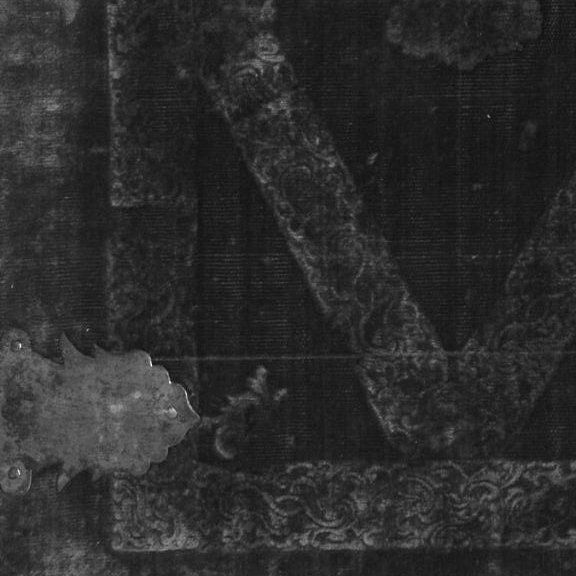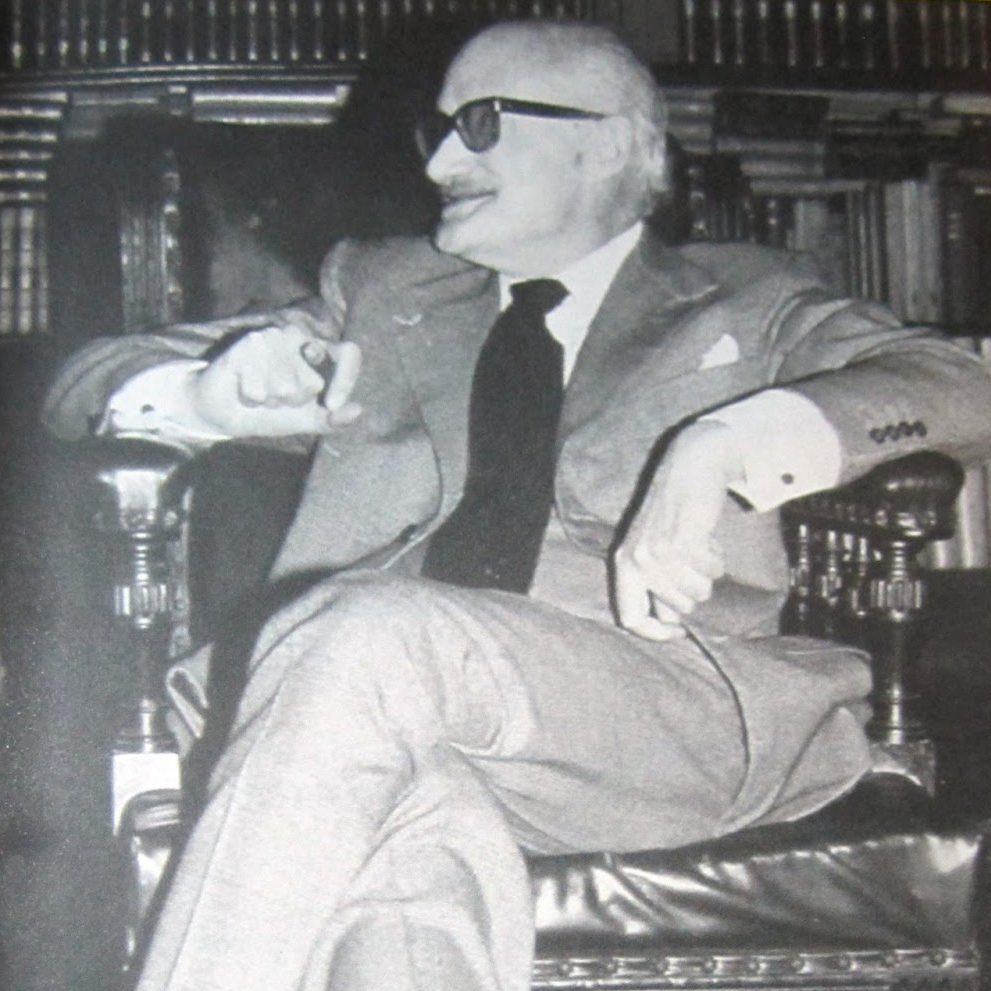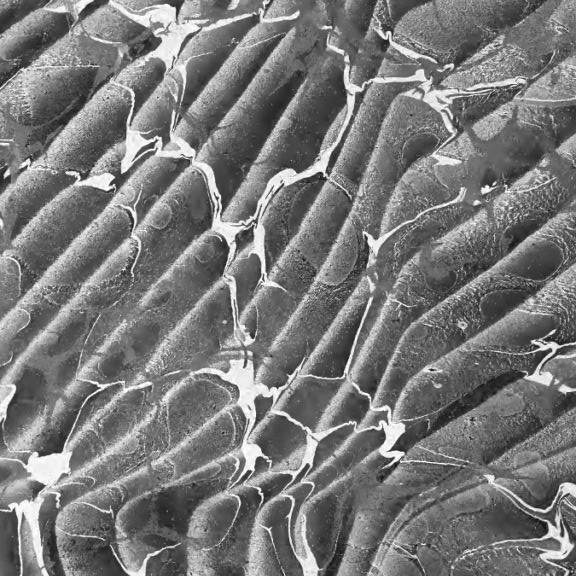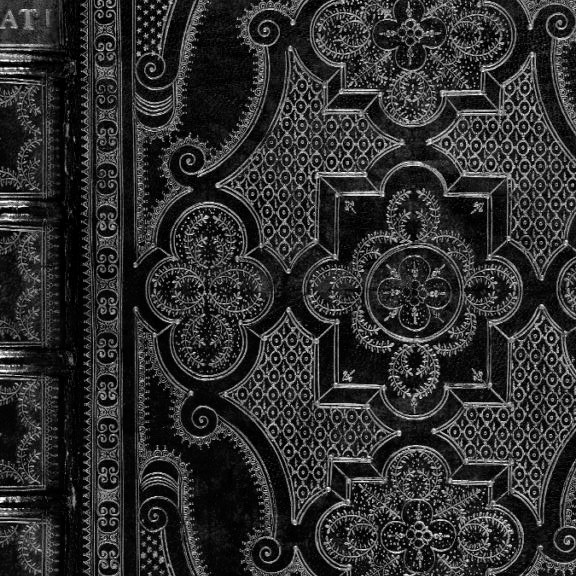See the list of topic categories here.
Certain ideas are clear only when made explicit, others only when alluded to.
We are rescued from the tedium of daily life only by the impalpable, the invisible, the ineffable.
Between reality and myth, the intellect asserts a distance that may not exist.
All certainty leaves us melancholic. A furtive bitterness lies behind all abolished mystery; all knowledge grieves us. Happiness is longing, seeking, desire, love.
Anything that causes man to feel he is surrounded by mystery increases his intelligence.
Man is not only thrown among objects. He is also immersed in religious experiences.
The God Who is Born is not some deity elaborated upon by a theologian, or the subject of millinarian religious experiences. He is a personal and impersonal God, immediate and distant, immanent and transcendent, as the wind in the branches.
Who does not fear that the most trivial of his present moments will seem a lost paradise in years to come?
Christianity does not deny the splendor of the world, but rather invites us to search for its origin, and to climb toward its pure snow.
The sharp, vivid, deep awareness of spiritual realities sometimes seems to carry with it a curious naivete, a surprisingly childish intelligence.
Conversely, a quick, agile intelligence sometimes indicates an ignorance or even uncompromising contempt of these realities.
It seems that man is presented with an ironic dilemma: either an awareness of the problem while lacking the tools to solve it, or to have the tools but no awareness of the problem.
A gesture, a single gesture alone, is sometimes enough to justify the existence of the world.
We presume to explain history, yet we fail before the mystery of the person we know best.
Neither spontaneous improvisation alone, nor careful meditation alone, achieve more than the other. In reality, only that spontaneous growth resulting from some forgotten meditation bears worthy fruit.
There are truths that seem to fade if they are too often taken out into the sun.
Any speech about the world that does not slide into a sly arabesque ends up lying.
Let us not confuse the category of the mysterious with the category of the inexplicable.
It is possible that it has only gone unexplained.
Every human activity seems capable of generating something of value, even if it does not announce itself, even if we do not suspect any virtue can be detected within it.
Thus, the sexual instinct engenders love; and war, heroism. Like a tree stripped of its leaves, dry and hard, then one morning bearing unexpected fruits.
Life is a secret liturgy that the officiant must discover while officiating.
All travels are futile if they are not similar to the unhurried stroll that introduces us to the secret life of a landscape.
Transcendance is the unapproachable region to which countless straight, truncated lines aspire.
The more one insists on systematically translating a myth into ideas, the more one moves away from the truth.
The best texts of life are in appendix and margin.
Man pays for the power he gains over the world by surrendering the meaning of things. In order to have a theory of the wind, you must renounce the mystery of a whirlwind of dry leaves.
To ask Christianity not to make absurd demands is to ask it to renounce the demands that move our hearts.
The Bible was not inspired by a ventriloquist God.
The divine voice passes through the sacred text like a stormy wind through the forest.
It is enough to open our window to the night, and mysterious spring breezes will stir the calcified ashes of our soul.
Only one thing is not vain: the sensual perfection of the moment.
What reason deems impossible is the only thing that can fulfill our hearts.
In every object there is a reality more authentic, deeper than is evident in its terrestrial reality; and that reality is not beyond the object, but within the object itself.
The mistake lies not in dreaming that secret gardens exist, but in dreaming they have doors.
Ingenious and capable animals are not the true forerunners of man, but are only dogs that howl in the shadows. Man appears when terror, pervading all of life in the face of threat and uncertainty, is replaced by awe of the sacred.
Happily, the world cannot be explained.
(What kind of world would it be if it could be explained by man!)
Seeking an explanation for what is proclaimed to be a mystery is the prologue to heretical ranting.
Let us be content with Christian empiricism.
Sleep imbues some things with a strange interior light that reveals a possible depth indetectible during the day. When we try to clearly recall a dream, its strange meaning eludes us. Perhaps too easily we presume to see things clearly in the day, and have in fact lost hold of a more authentic knowledge that requires its own form of experience.
A certain intellectual courtesy leads us to prefer the ambiguous word. The univocal term subjects the universe to an arbitrary rigidity.
What I say here will seem trivial to anyone who does not know everything to which I allude.
What turns the contraction of a few muscles into a smile is the light touch of invisible wings.
Between the anarchy of instincts and the tyranny of norms there extends the fleeting and pure territory of human perfection.
Perhaps the most noble things on earth do not exist, except in the words we use to speak of them. But it is enough that they are there in those words, for them to exist.
To be a Christian is to never be alone, no matter the solitude surrounding us.
We all have a key to the door that opens to the luminous and noble peace of the desert.
Resignation to the mystery is not a religious attitude, but the prelude to positivist agnosticism. The proper religious attitude verges on sacreligious daring, an almost impious courage, an incessant effort to penetrate the mystery, to move forward loaded with indiscreet questions, filled with absurd interrogations, toward the deepest recesses of the temple.
The steps of grace startle us like the steps of a passerby in the fog.
God is the term with which we notify the universe that it is not everything.
The laws of biology alone do not have fingers delicate enough to fashion the beauty of a face.
True boredom does not result from focusing exclusively on a single thing, but from a shallow and fleeting occupation with many things. A laborious familiarity with one thing brings us closer to its essence, its richness, its inner abundance.
Imagination withers in a society without walled gardens.
The Bible is not the voice of God, but of the man who encounters Him.
There are only moments.
The heart does not rebel against the will of God, but against the reasoning they dare attribute to it.
Ronsard is perhaps a more important figure in literary history. But there is in du Bellay the absence of bugles and trumpets, and the discreet presence of that continuous murmur of the inner life which most surely seduces us.
Let us be careful not to return insane from our encounter with the gods of the underworld.
Allusion is the only way to express the intimate without distorting it.
Certainties are indigestible. Only suspicions are nutritious.
Science knows only fragments, and philosophy builds only provisional bridges. And so, both forget that within the fragmentary nature of knowledge there are insidious glimpses of a demon, or of a god, who longs to reveal himself. In every explanation of the world, a hierophany is prepared.
I distrust the system deliberately constructed by thought; I trust in the one that results from the pattern of footprints.
Between man and nothingness passes the shadow of God.
Ritualism is the discreet guardian of spirituality.
I walk in the dark.
But I am guided by the smell of broom.
To speak of the eternal, it is enough to speak eloquently of everyday things.
In certain moments God’s abundance overflows into the world, suddenly and unexpectedly, gushing like a spring into the peace of midday.
Only the unattainable deserves to be desired, only the attainable sought.
He who seeks the unattainable goes mad, he who desires the attainable is debased.
The human soul is purified only in the backwaters where it decants.
Every day there are fewer hidden corners in the world.
The spirit does not pass from one mortal to another as a concept, by sharing formulas. The spirit passes from one soul to another soul through the quiver in one’s voice.
The explanation for religious experience cannot be found in psychology manuals. It is in the dogmas of the Church.
The desire to investigate and deconstruct for the purpose of total comprehension is the solvent of culture.
The deepest spiritual experiences do not come from deep intellectual meditations, but from privileged glimpses of something true. In the lararium of the soul we do not worship great gods, but fragments of phrases, pieces of dreams.
When we say that words transfigure, the fool mistakenly thinks they adulterate.
A ceremony is a technical procedure for teaching indemonstrable truths. Ritual and pomp overcome man’s blindness before what is not material and coarse.
The tolling of a monastery bell reaches corners of the soul a voice does not.
In the lucidity of certain moments, sometimes one has the sense of keeping watch alone in the sleeping city.
Liturgical incense is the oxygen of the soul.
The psychological study of conversion only produces flowers of rhetoric.
God’s ways are secret.
It is upon the antinomies of reason,
upon the scandals of the spirit,
upon the ruptures in the universe,
that I base my hope and my faith.
Beyond a thousand noble things, sometimes we chase only the echo of some trivial fleeting emotion.
Will my heart rest for eternity beneath the shadow of the vineyard, near the rough, unfinished table, in sight of the splendor of the sea?
In the underground of the soul, as in the attics of old houses, we find nothing but dead mice among broken furniture.
The day is made up of its moments of silence.
The rest is lost time.
Note: Dávila was a Colombian political philosopher and in the Latin church. His aphorisms are presented here for the purposes of enjoyment, study, and historical record, but do not necessarily reflect the opinions of this writer. For more information on Dávila, see this introductory post. For information on how to live your life, go to church and read the Church Fathers/Saints.
Featured image: Antique book cover, source unknown



